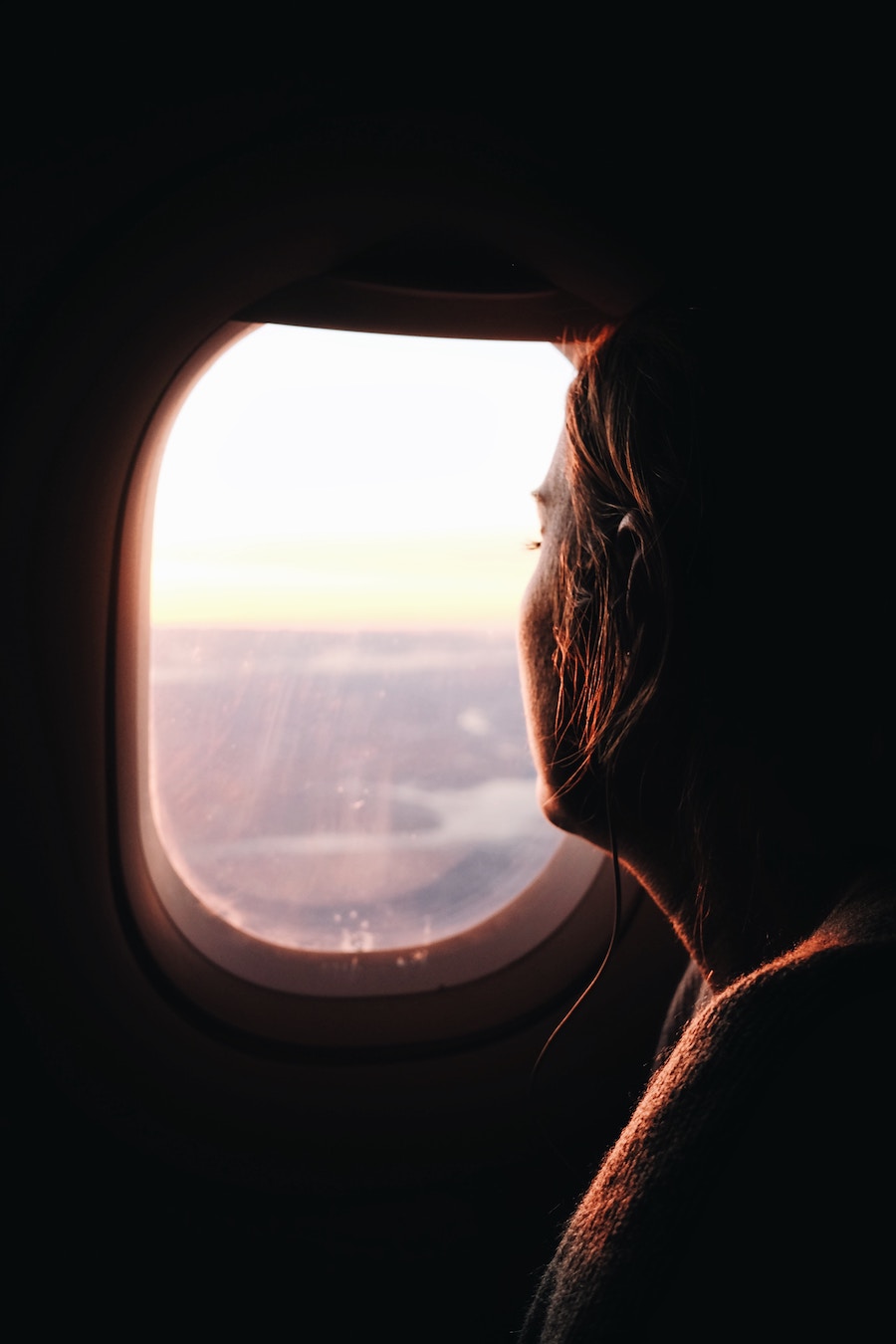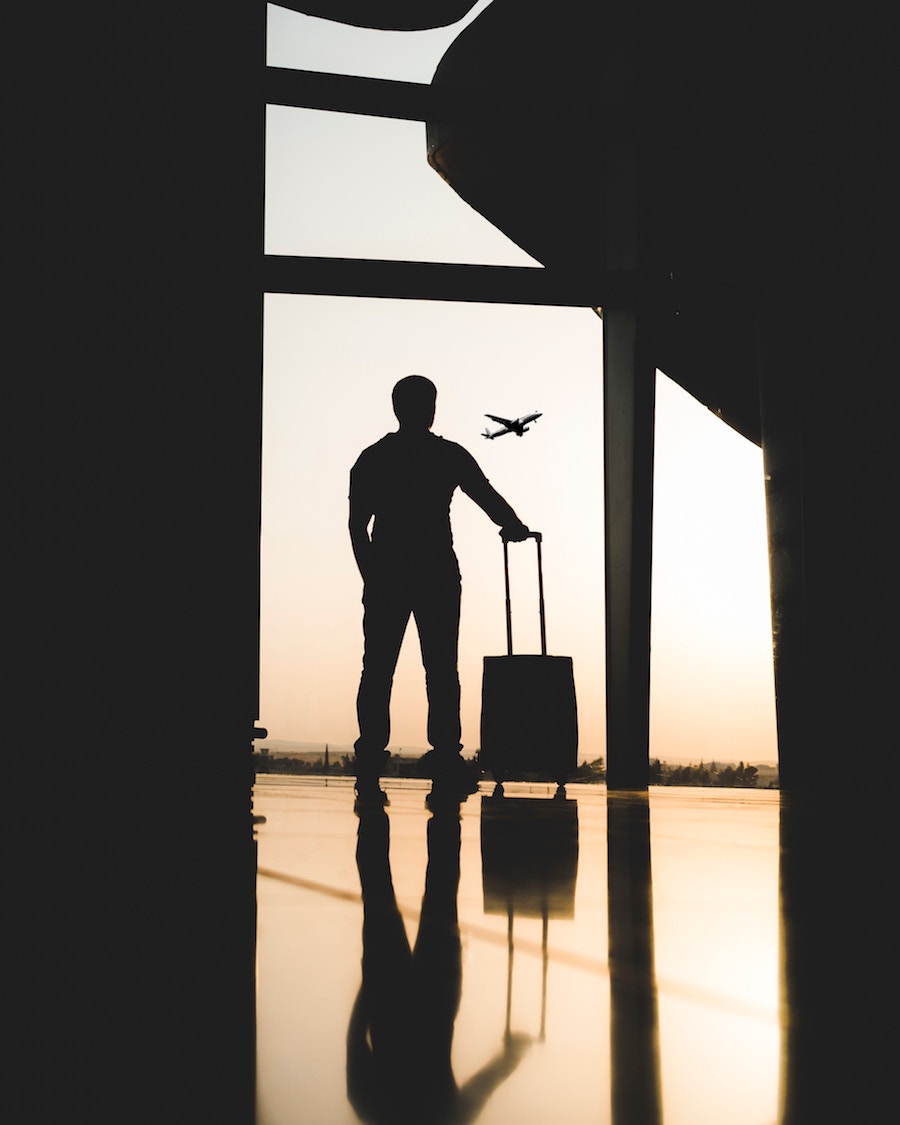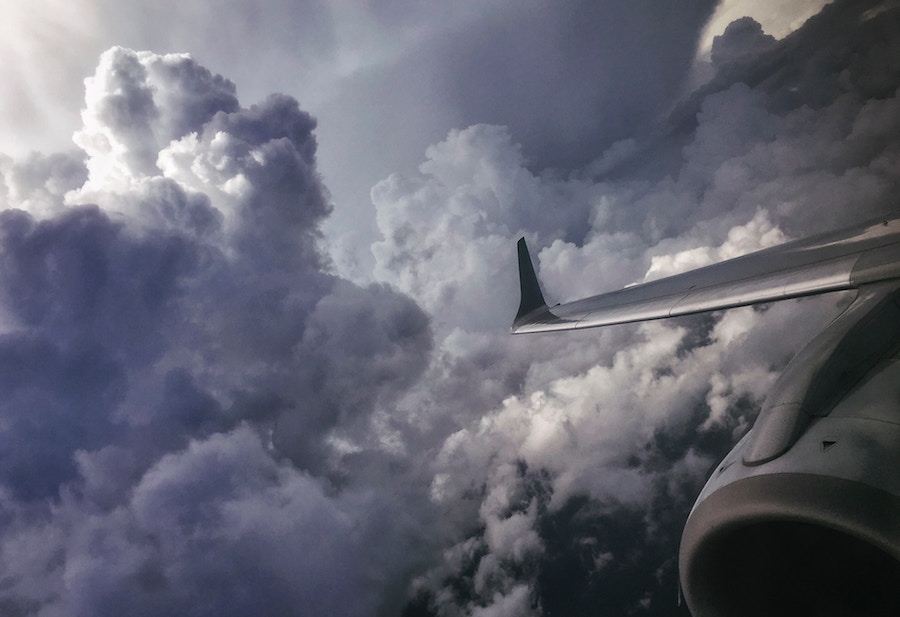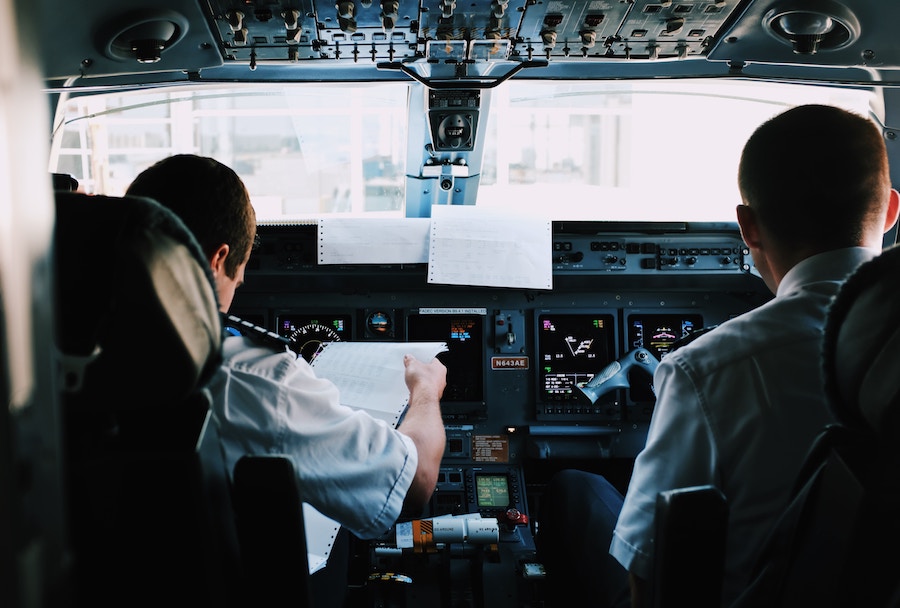Most of us spend our time day-dreaming about visiting beautiful places and exotic countries, but to be able to do so we first have to catch a plane. This can pose a problem if you suffer from aviophobia.

You’re not alone
The number of people who suffer from a fear of flying is surprisingly high, and almost none of us are actually born with it. Most people claim to have developed it throughout the years, even if they have caught many flights when they were little. Aviophobia usually appears during your 20’s, which is probably when we become aware of the fragility of human life.
However annoying this fear may be, don’t let it interfere with your travelers’ desire. Although it may feel like the anxiety of getting on a plane may be crippling, there are ways to overcome it, or at least, make it bearable. We tell you how.

1. Become familiar with the safety features and procedures
Getting to know the plane’s safety structure and the procedures to be followed might seem like the basic tip to overcome aviophobia. However, we often don’t realize how effective it can be. Learn about the functioning of the plane, and memorize the steps to follow in case of an emergency.
You ought to realize that both the pilot and the co-pilot are incredibly well-trained when it comes to emergencies. They cannot forget about the procedures are they are trained once every six months intensively. Professionals keep having to refresh their skills to make sure you and everyone else are safe.
2. Don’t give turbulence the importance it doesn’t have

Most people have trouble sitting still in a plane once it comes to turbulence. It can often become very uncomfortable and it makes it hard to enjoy the flight. However, you should not feel alarmed by it: turbulence is natural. It is caused by regular shifts in wind, and it’s nothing to be worried about.
In fact, the turbulence we are used to are nothing compared to what a plane can really handle. So no worries! A little turbulence can do no harm to you, or the plane.
3. Seek help

Going to a “fear of flying” clinic can really help you get over those irrational fears. Psychologists and pilots can be very reassuring when it come to feeling safe. Once you demystify the plane and how it works, you’ll feel much better.
Plus, a therapist que very extremely efficient in getting rid of your fears. If you change your thoughts, you will change how you respond to certain stimuli. If you improve general anxiety, your anxiety during a flight will also become better.
4. Learn how to fly

This one might sound counterproductive, however, it can really improve the way you feel about flying. Learning how to fly a plane can provide you a sense of control.
This is important because the anxiety we feel often stems from the sense of not being in control, which can be really stressing. Once you learn how it works, and feel like you can do it too, your anxiety levels will lower, and you’ll feel more secure.
5. Get on a plane
We’ve all heard about facing our fears. This is also valid if you suffer from a fear of flying. You should just go ahead and get on a plane. Fly somewhere you really want to go. This will allow you to see the irrationality of your fear, plus, you’ll have the reward of arriving somewhere you’ve always wanted to go. It’s a win-win, and you’ll quickly lose your aviophobia by normalizing the experience.
Images: Unsplash
